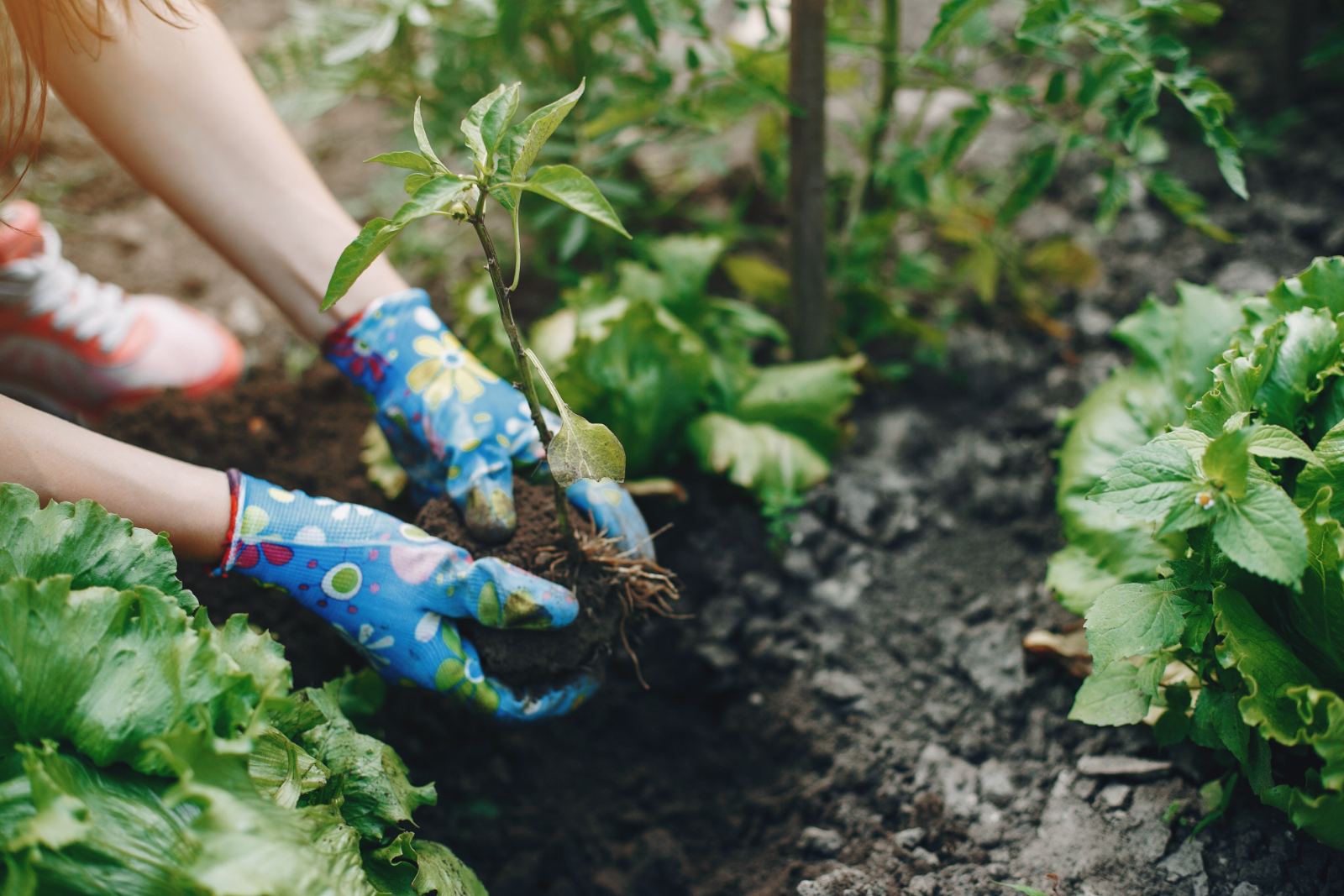What is organic gardening and why is it done? The Mower Shop Northampton are specialist garden machinery suppliers for Northampton and Northamptonshire. This article looks at why you should garden organically and organic ways to maintain a fertile soil.
What is Organic Gardening
Many gardeners are unaware of the true essence of organic gardening and how to establish an organic garden. Organic gardening involves cultivating plants without the use of synthetic products such as fertilisers and pesticides. It revolves around utilising only natural substances to nurture plants in your garden. The beauty of organic gardening lies in its ability to replenish natural resources while utilising them.
In organic gardening, plants are considered integral parts of the larger natural system that encompasses the soil, water supply, wildlife, insects, and people. We all desire safe and healthy food for our families and a thriving environment. A dedicated organic gardener strives to maintain harmony with the natural ecosystem, aiming to minimise exploitation while replenishing the resources utilised by the garden.
When people encounter the term "organic gardening," they often seek to understand its meaning. Organic gardening simply refers to cultivating plants, vegetables, and fruits in the most natural way possible, without the use of pesticides or synthetic chemical fertilisers. However, organic gardening goes beyond the mere avoidance of synthetic inputs.
Organic gardening encompasses nurturing the overall health of the gardening system naturally. It involves working in harmony with natural systems, including the soil, water supply, people, and even insects, with the ultimate goal of minimising harm to living and non-living components of the environment while continually replenishing any resources used during gardening.
Fundamentally, organic gardening focuses on cultivating an ecosystem that nourishes and sustains soil microbes and plants, benefiting insects and promoting a holistic balance. It involves more than simply sowing seeds and letting them grow. To achieve the objectives of organic gardening, there are three key areas of focus: soil management, weed management, and pest control.
Soil management is accomplished through the use of organic fertilisers that nourish the soil. Weed management involves manual labour and the use of organic ground coverings to suppress weeds. Pest control is addressed by promoting beneficial insects and practising companion planting. These strategies are essential for aspiring organic gardeners, and a solid understanding of organic gardening principles is crucial to achieving reliable results.
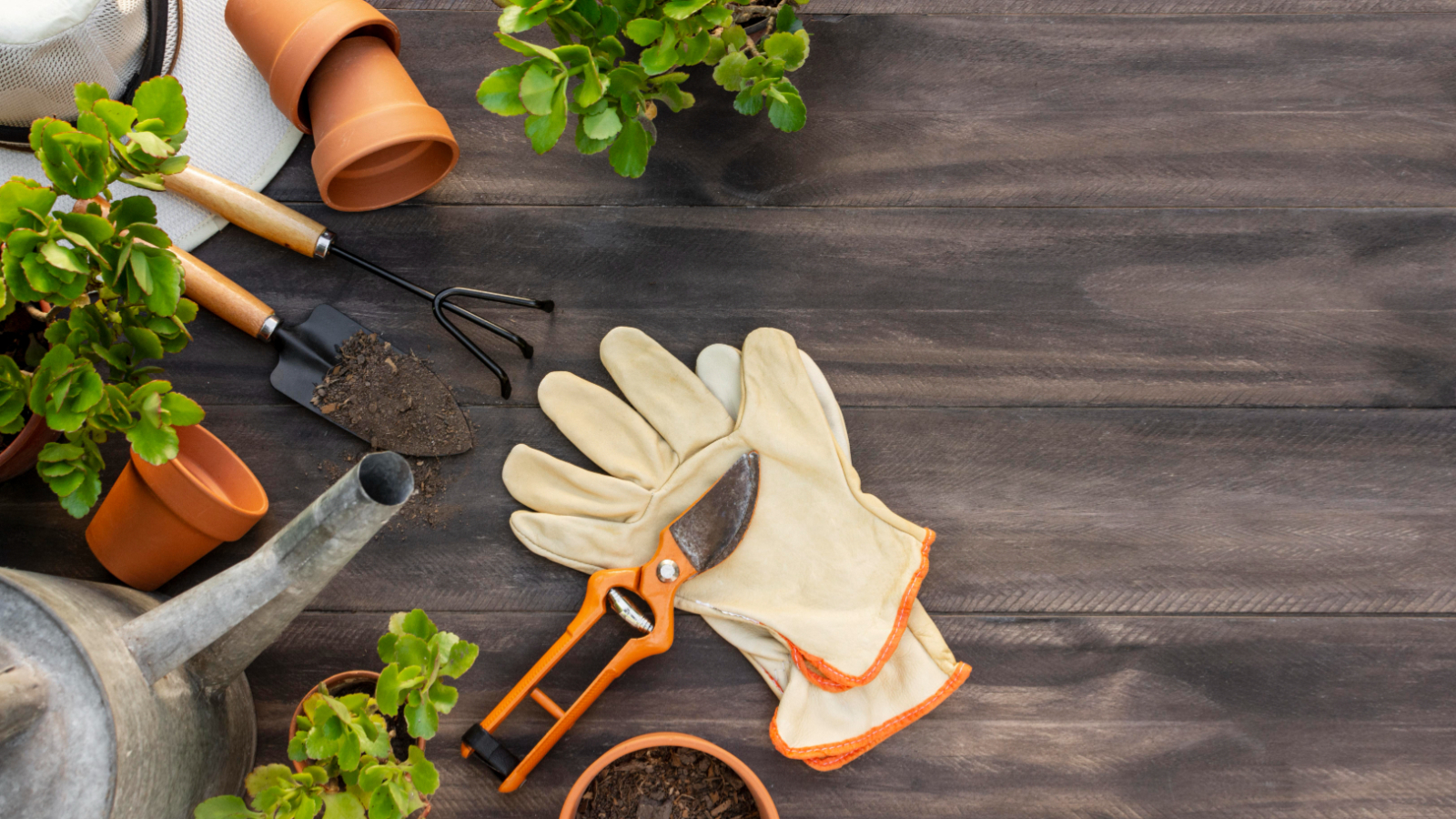
Why should I garden organically?
Gardening organically offers numerous benefits, making it a compelling choice for gardeners. Organic gardening focuses on conserving natural resources, avoiding pollution, and promoting a healthier environment. Unlike conventional gardening practices that rely on synthetic pesticides, weedkillers, and fertilisers, organic gardening embraces natural methods and products to nourish the soil and care for plants.
One of the key advantages of organic gardening is its environmentally friendly nature. By avoiding synthetic chemicals, organic gardeners contribute to the preservation of ecosystems, water sources, and wildlife. This promotes the conservation of natural resources and a more sustainable planet.
Health and safety are also prioritised in organic gardening. By steering clear of synthetic pesticides and chemical fertilisers, gardeners reduce their exposure to potentially harmful substances, creating a safer environment for themselves, their families, and the surrounding ecosystem.
Organic gardening nurtures nutrient-rich soil by using organic matter such as compost and natural fertilisers. This enriches the soil with essential nutrients, fostering its fertility and supporting the healthy growth of plants.
Biodiversity thrives in organic gardens. By avoiding synthetic chemicals, organic gardeners create a welcoming habitat for beneficial insects, birds, and other wildlife. This promotes natural pest control and contributes to the preservation of biodiversity.
Organic gardening often yields produce that is renowned for its exceptional taste and nutritional value. By growing your own organic fruits, vegetables, and herbs, you have control over what goes into your food, ensuring a fresh and healthy harvest for you and your loved ones.
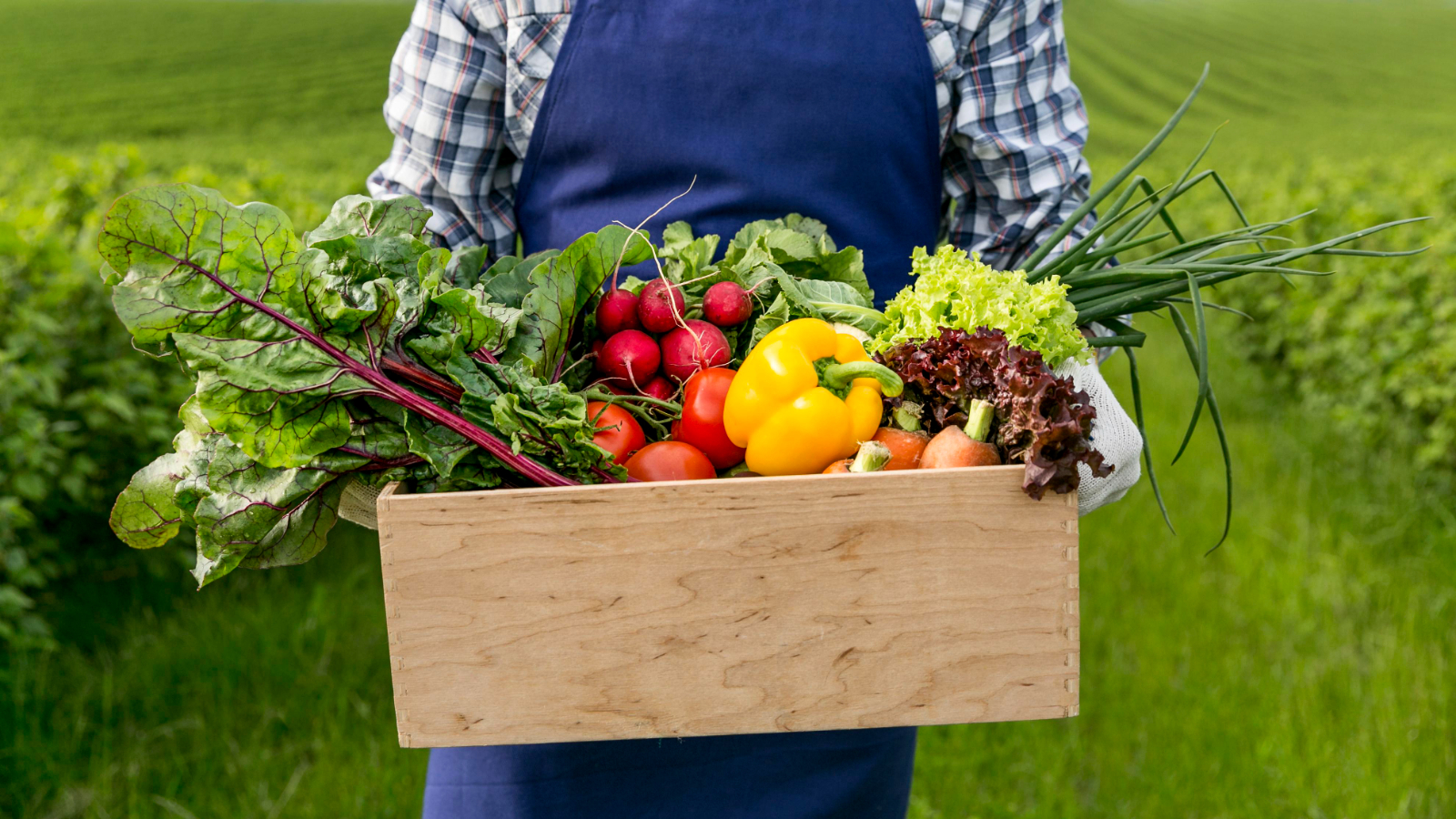
Nutritional Benefits of Going Organic
One of the significant advantages of consuming organic foods lies in their higher vitamin and mineral content compared to conventionally produced foods. This nutritional superiority can be attributed to the organic farming practices that prioritise soil health and eschew the use of synthetic pesticides and fertilisers, allowing for the development of nutrient-rich produce.
A comprehensive systematic review conducted by the Soil Association compared available nutrient data from organic and conventionally grown food. The findings consistently showed that organic food contains higher levels of essential vitamins and minerals, including Vitamin C, calcium, magnesium, iron, and chromium.
The review revealed that organic produce consistently demonstrated significantly higher levels of all 21 analysed nutrients compared to conventionally grown counterparts. For example, organic foods exhibited approximately 27% higher levels of Vitamin C, a vital antioxidant that supports immune function and overall health.
Organic crops also showcased an average of 29% more magnesium, an essential mineral crucial for various bodily functions such as energy production, muscle function, and bone health.
Additionally, organic foods contained approximately 21% more iron, an important mineral necessary for healthy blood production and oxygen transport. The phosphorus content in organic produce was also higher, with an average increase of around 14%. Phosphorus plays a key role in energy metabolism and is essential for maintaining bone health.
These findings highlight the nutritional advantages of organic foods and underscore the importance of organic farming practices. By nurturing soil health and avoiding synthetic chemicals, organic farmers create an environment that fosters the development of nutrient-dense crops.
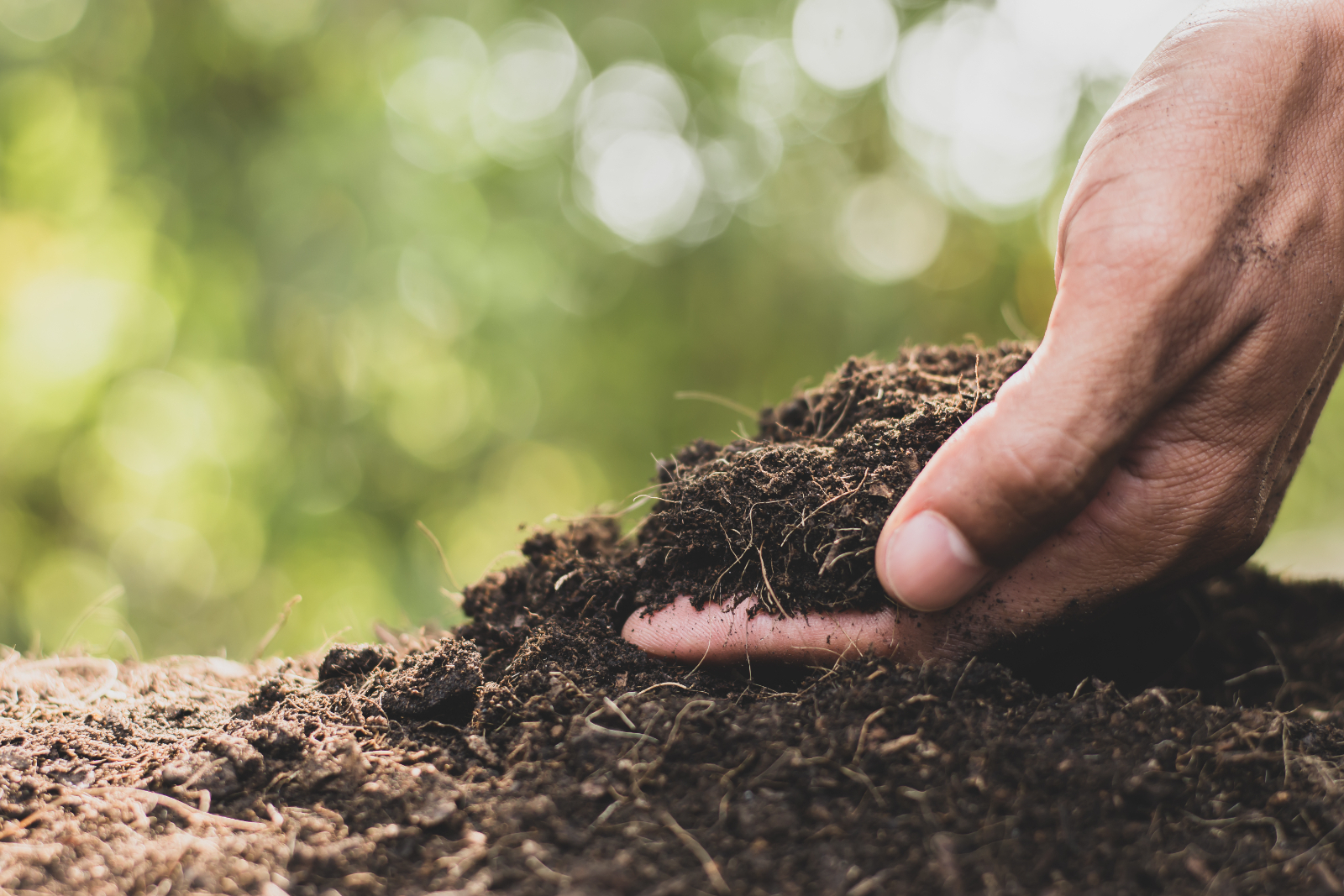
Organic Ways To Maintain A Fertile Soil
Maintaining fertile soil is of paramount importance for organic gardeners, as it directly impacts the health and productivity of plants. In organic gardening, a range of practices is employed to naturally nourish the soil and ensure its long-term fertility.
At the core of organic soil management is the use of garden compost and organic manures. These nutrient-rich materials act as essential sources of organic matter and vital nutrients, supplying the soil with the elements necessary for optimal plant growth. By incorporating garden compost and organic manures into the soil, organic gardeners enrich its structure, improve moisture retention, and foster a thriving ecosystem of beneficial soil microorganisms.
Another valuable technique embraced by organic gardeners is green manuring. This involves sowing specific cover crops, such as legumes or grasses, and subsequently incorporating them into the soil. Green manures serve multiple purposes, including soil improvement and fertility enhancement.
As these cover crops decompose, they contribute organic matter to the soil, augment soil structure, reduce erosion risks, and prevent nutrient leaching during periods of dormancy. Green manuring is particularly beneficial in regions prone to soil erosion or those with a short growing season.
While garden compost and organic manures form the backbone of soil fertility, supplementary organic fertilisers may be necessary for demanding fruit and vegetable crops.
These additional fertilisers, derived from natural sources such as animal manures, by-products, and mineral deposits, provide targeted nutrition to meet the specific needs of these crops. By carefully selecting and applying organic fertilisers, organic gardeners ensure that nutrient deficiencies are addressed and plant health is optimised.
Maintaining the proper pH level of the soil is vital for nutrient availability and plant growth. Organic gardening allows for the use of lime to adjust soil pH. Lime, derived from naturally occurring limestone, can be applied to raise the pH level if the soil is excessively acidic. Adjusting the pH level creates a more favourable environment for plant roots, improves nutrient uptake, and enhances overall soil health.
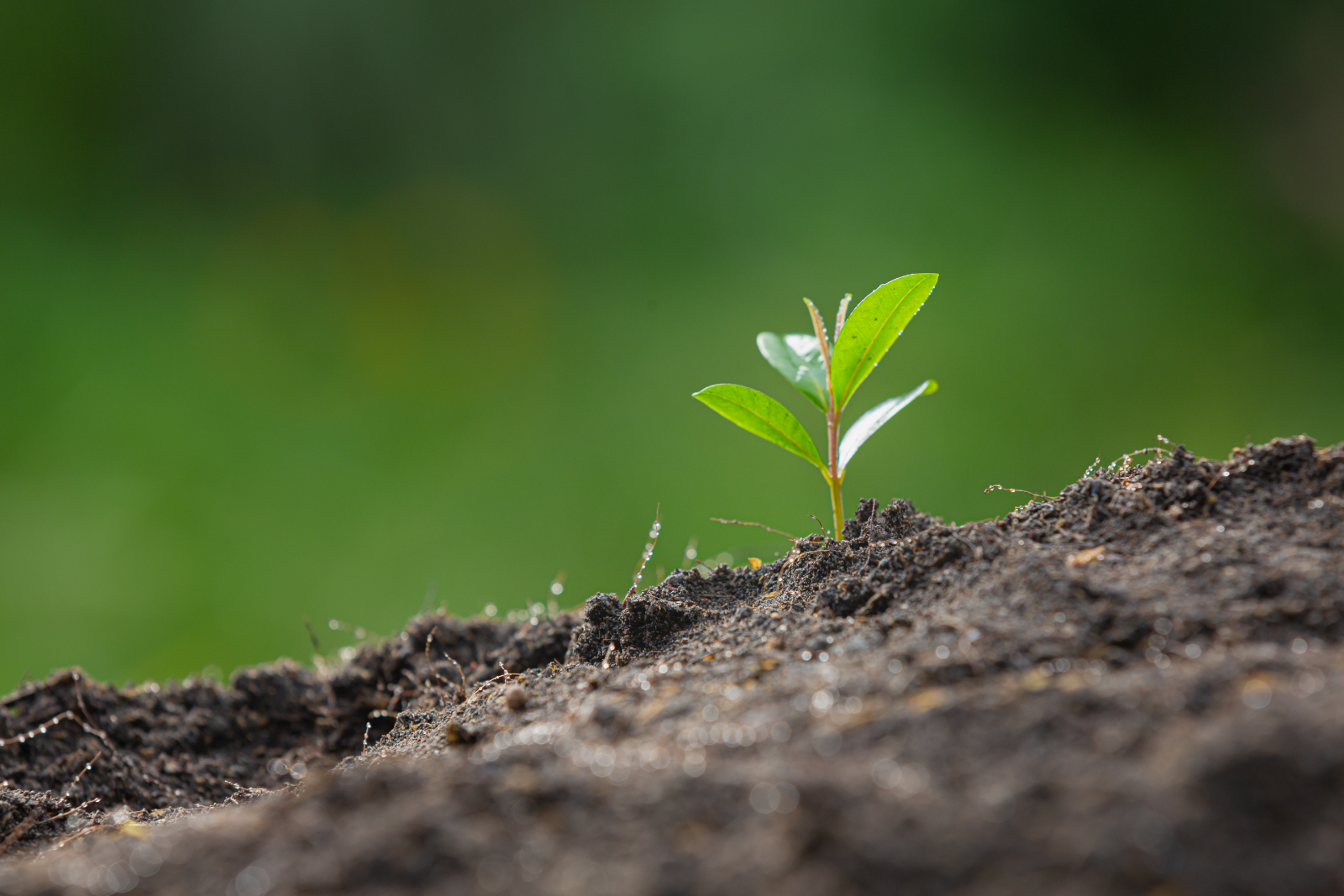
Soil Cultivation Techniques
Organic gardeners approach soil cultivation with different techniques. Some prefer the no-dig method, where the soil is left undisturbed as much as possible. No-dig gardening helps preserve soil structure, prevents soil compaction, and encourages the proliferation of beneficial soil organisms.
This technique reduces the risk of nutrient loss and minimises weed growth, while also promoting moisture conservation and carbon sequestration. However, effective weed control and careful management of soil fertility are necessary for successful implementation.
Alternatively, traditional digging is practised by many organic gardeners. This method allows for the incorporation of bulky organic manures, lime, and amendments into the soil. Digging aerates the soil, breaks up compacted layers, and facilitates the distribution of nutrients throughout the root zone. It also provides an opportunity for effective weed control and allows for the integration of organic matter into the soil, further enhancing its fertility.
In organic gardening, pest control takes a holistic approach. Organic gardeners aim to maintain pest populations below damaging levels rather than eradicating them completely.
Encouraging the presence of beneficial insects and pest predators, such as ladybugs, lacewings, birds, and bats, is a key strategy. Creating a diverse and balanced ecosystem through the cultivation of a wide variety of plants and flowers provides habitats and food sources for these beneficial organisms, naturally controlling pests and reducing reliance on synthetic pesticides.
By implementing these organic practices, gardeners can effectively maintain fertile soil that supports robust plant growth, maximises nutrient availability, and fosters a healthy and sustainable garden ecosystem. Organic soil management not only contributes to the productivity of the garden but also promotes long-term environmental stewardship and the preservation.
We hope you found our article on What is organic gardening and why is it done? useful. Our garden machinery services are here to help you maintain your garden.
Are you looking for garden machinery in Northampton? Get in touch today! We are the premium provider of lawnmowers and ride on mowers in Northamptonshire.

